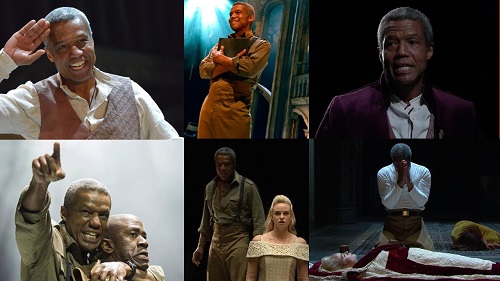More Englemann
Over half-term I started to read / revisited Englemann’s Theory of Instruction. Having broaden my investigations of his work and advocacy, I have started to think about it’s application in my own classroom. I have three broad lines of enquiry.
- With all eyes on curriculum: planning and sequencing
- Examples. I have started to think more conscientiously about my use of examples and the use of non-examples to frame understanding of concepts.
- Minimal new information (15%)
It would appear that other teachers are also investigating and applying Direct Instruction. This week I added the Direct Instructoin Hub to my Waklet.
https://wakelet.com/wake/7c679e6b-b1f8-4ea0-a693-b805df0c82d6
http://www.knowledgehub.org.uk/directinstruction.html
Micro improvements (marginal gains was taken)
Wednesday evening I caught up with Stuart Pryke @SPryke2 and discussed “small” teaching techniques that have made a collect difference to student responses on the back of his authorial intent analytical verbs post. We reflected on the advice to encourage students/writers to use and think through the phrase “The character of X,” (to remind writers that characters are ‘not real,’). Second, how to weave historical context into lessons. I shared with Stuart that I had coupled ‘historical context,’ with with “curious facts.” Did you know… which sparks… intrigued. For example, did you know that “Las Venice,” was the place to be in Elizabethan times. A wealthy tourist attraction, teaming with foreign traders… The BBC4 podcasts are brilliant for that.
World Downs syndrome
Lastly, having previously taught students with Downs Syndrome, I will be wearing odds socks on Saturday 21st March (Friday 20th March at school too).
Lastly, is the Shakespeare image caught your interest. This article from Will Gompertz crossed my radar.
His Elizabethan entertainments are not stuck in the fetid mud of the late Tudor court. They have moved with the times. Not simply because their themes and ideas remain contemporary, but more for the depth in which he explored incest, murder, racism, sexism, madness, betrayal and war.
His genius was the precision of his writing and characterisation, but his longevity could be down to his ambiguity.
William Shakespeare wrote with a poker face.
His plays were full of opinion, but he rarely revealed his own, which left his work gloriously open to interpretation to those who wished to co-opt it for their own purposes.


